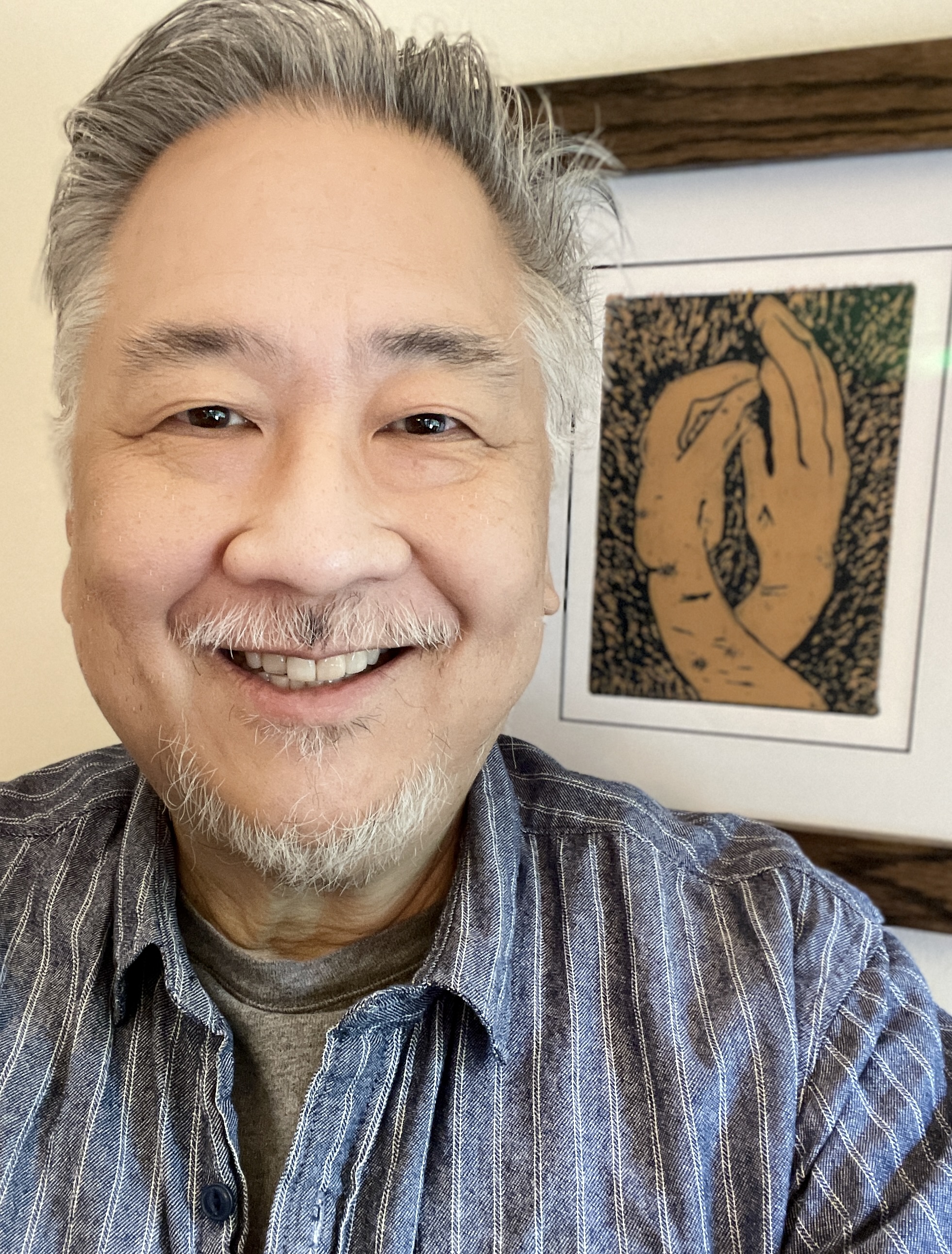The Art of Independence
- Andrew Tsao
- Jul 4
- 3 min read
An argument for the lost habit of reading.

A mind that is able to think critically, that is to say, a mind that can consider two or more opposing views on a topic and come to some informed conclusion, is becoming a rare commodity in America circa July 4, 2025.
Our culture today appears to value ignorance and arrogance over research and reason. Those who shout the loudest and cling to their so-called convictions are allowed a place front and center in our society.
What is the root cause behind this frightening phenomenon? Certainly our national founders could not have envisioned a democracy where a misinformed, uninformed and dis-informed citizenry exercise their right to vote and bring about such alarming results; results that are against their own interests and are harmful to the very idea of a democratic society.
Reading is an activity unique to human beings that develops the mind in an active manner. Using symbols that stand for sounds, we organize words into sentences that carry thought. These thoughts, read either with eyes or in the case of the unsighted, with hands, are gathered by the mind through time in an engaged manner that results in the acquisition of information.
Reading is different that watching. Watching is passive learning. I personally do not believe there is a such a thing as "visual learning" as a replacement for active reading. Reading requires the entire being to focus on deciphering symbols into complex thought over the course of a range of concentrated time that allows the mind to consider, contemplate and reflect on.
In our time, consideration, contemplation and reflection are viewed as not only unnecessary, but even anti-patriotic. To think, especially out loud, is quickly morphing into a treasonable offense to some.
When film was still film, a strip of twenty-four still images passed by the human being in one second, creating the illusion of movement. The brain filled in the gaps between the still frames. Even though it was visual information, it still required the mind to engage in an active process to decipher the content. With the advent of digital imagery, that active participation on the part of the viewer disappeared: instead, millions upon millions of pixels bombard the screen, creating the image, the movement and the experience for the viewer.
The cinema became extinct alongside the habit of reading, coinciding with the 21st century century and rise of ignorance as a virtue in America.
I recently experienced a personal tipping point of sorts: I was teaching an advanced acting class for the studio and asked a student a detailed question about the character they were playing in a scene. In shock, I sat there dumbfounded as the student confessed that they had never read the entire play, only the scene they were working on.
After forty years directing, teaching, coaching and working in the performing arts, that moment stands as a landmark. Yes, it was one student in one situation, but I could not help but see it as symptomatic of something I had been observing around me for a while.
Reading is now becoming an irritant, a chore, a last resort. Summations, AI, TL:DR, and synopses, are seen as tools to deliver the same information as actually reading something.
My simple call here is for an renewed independence of mind. By reading, our citizenry can perhaps recover some semblance of critical thinking. By remaining passive in how we receive information, we become victims of those who understand the power of keeping a citizenry ignorant.
Keep the American citizen independent. Read a damn book this summer




Comments